Should You Rent or Buy?

The decision to rent or buy a home is a significant one, with financial, lifestyle, and personal implications. For many people, the choice isn’t clear-cut—there are advantages and disadvantages to both options. Understanding your priorities, financial situation, and future plans can help you make an informed decision that fits your unique circumstances. In this blog, we’ll explore the pros and cons of renting versus buying and provide insights to help you determine which path is right for you.
1. The Pros of Renting
Renting offers flexibility and freedom, which can be appealing for those who may not want to commit to a long-term investment. Here are some key benefits of renting:
- Flexibility: Renting allows you to move more easily, whether for a new job, a change in lifestyle, or a desire to explore different neighborhoods or cities. If your plans aren’t set in stone, renting can provide the flexibility you need without the long-term commitment of buying.
- Lower Upfront Costs: Renting typically requires less upfront financial investment than buying a home. While you’ll need to cover the security deposit and possibly the first month’s rent, you won’t need to worry about a down payment or closing costs, which can amount to thousands of dollars when purchasing a home.
- No Maintenance Responsibilities: One of the perks of renting is that you’re not responsible for major repairs or maintenance. If something breaks or needs attention, the landlord or property manager handles the issue, saving you time and money.
- Predictable Monthly Costs: With renting, your monthly housing costs are typically limited to rent and utilities. You won’t need to worry about unexpected repair bills, property taxes, or homeowner’s insurance, making it easier to budget.
- Access to Amenities: Many rental properties offer amenities such as gyms, pools, and community spaces, which may be out of reach for some homeowners.
2. The Cons of Renting
While renting has its perks, it also has limitations that may make homeownership more appealing in certain situations:
- No Equity Building: When you rent, you’re not building equity in the property. Essentially, your monthly rent payments go toward paying your landlord’s mortgage, and you don’t gain any ownership in return.
- Lack of Control: Renting means you’re subject to your landlord’s rules and decisions. You may not be able to make changes to the property, and you could face rent increases or even the possibility of being asked to move if the property is sold.
- Limited Stability: Rental leases are typically short-term, usually one year. If you’re looking for long-term housing stability, buying may be a better option.
3. The Pros of Buying
Homeownership offers several advantages, from building equity to creating a sense of permanence. Here are some key benefits of buying:
- Building Equity: One of the most significant advantages of owning a home is the ability to build equity. As you pay down your mortgage, your equity in the home increases, providing you with a financial asset that can grow over time.
- Stability: When you buy a home, you have the freedom to stay in one place for as long as you choose. You won’t have to worry about rent increases or the possibility of being forced to move.
- Customization: As a homeowner, you have full control over your property. You can renovate, decorate, and personalize your home to fit your style and preferences without seeking permission from a landlord.
- Tax Benefits: Homeowners may be eligible for tax deductions on mortgage interest and property taxes, which can help reduce the overall cost of homeownership.
- Appreciation Potential: In many cases, homes appreciate in value over time, which can lead to a profitable return on investment if you decide to sell in the future.
4. The Cons of Buying
While buying a home has its benefits, it also comes with certain drawbacks:
- High Upfront Costs: Buying a home requires a significant financial commitment upfront, including a down payment, closing costs, and potential repairs or renovations. These expenses can add up, making it harder for some people to afford homeownership.
- Maintenance Responsibilities: Unlike renting, homeownership comes with the responsibility of maintaining and repairing the property. From fixing a leaky roof to replacing appliances, these costs can be unexpected and add to the overall cost of homeownership.
- Less Flexibility: Buying a home can tie you to a location for the long term. If your job or personal circumstances change, selling a home can take time, and you may not be able to move as quickly as a renter.
- Market Risk: Real estate markets can fluctuate, and there’s no guarantee that your home will appreciate in value. In some cases, homeowners may face a declining market, leading to a loss in property value.
5. How to Decide: Key Considerations
When deciding whether to rent or buy, consider the following factors:
- Financial Situation: Take a close look at your current financial health. Do you have enough savings for a down payment and closing costs? Are you prepared for the ongoing costs of homeownership, including maintenance, property taxes, and insurance? If you’re not financially ready, renting may be the better option for now.
- Future Plans: Consider your long-term goals. If you plan to stay in one place for several years, buying a home can provide stability and a chance to build equity. However, if your future is uncertain, renting may offer the flexibility you need.
- Local Market Conditions: Real estate markets vary by location. In some areas, buying a home can be more affordable than renting, while in others, renting may be the better option. Research your local market to understand the current trends and pricing in your area.
- Lifestyle Preferences: Consider your lifestyle preferences. Do you value the ability to customize your living space and enjoy the benefits of homeownership? Or do you prefer the freedom to move easily and avoid the responsibilities of home maintenance?
Deciding whether to rent or buy is a personal choice that depends on your financial situation, lifestyle, and future plans. Both options have their advantages and drawbacks, and the best decision for you will depend on your unique circumstances. By carefully considering the pros and cons of each option, you can make an informed choice that aligns with your goals.
Categories
Recent Posts
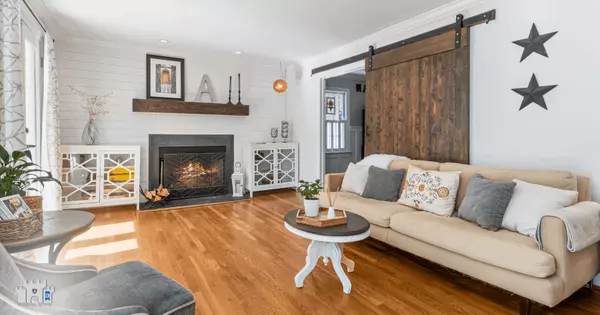


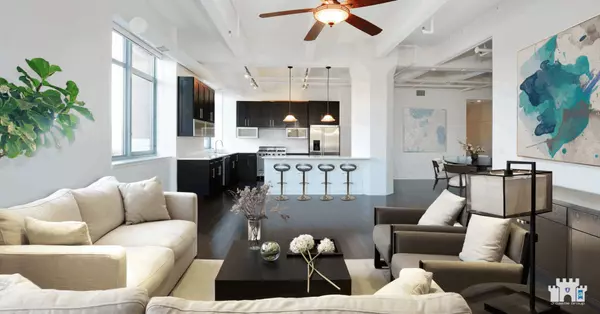


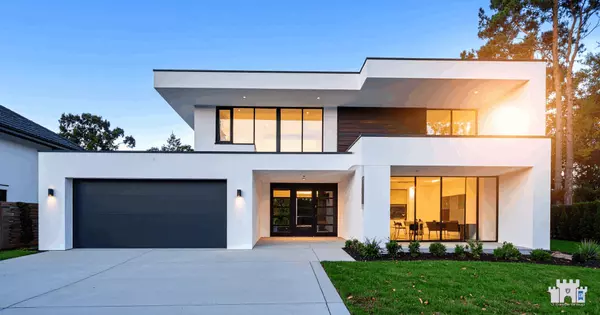
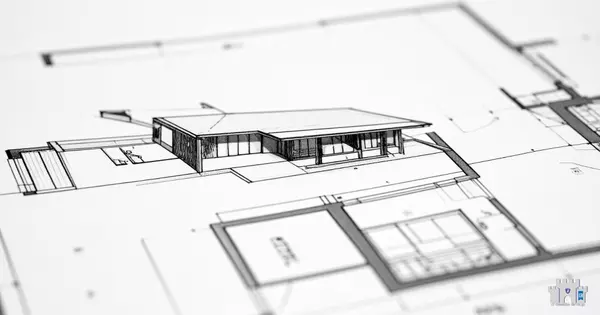
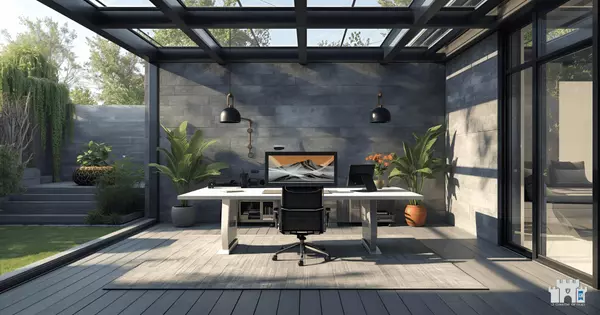

GET MORE INFORMATION

Managing Broker | REALTOR | License ID: 02080040
+1(925) 413-1849 | kenneth@jcastlegroup.com
